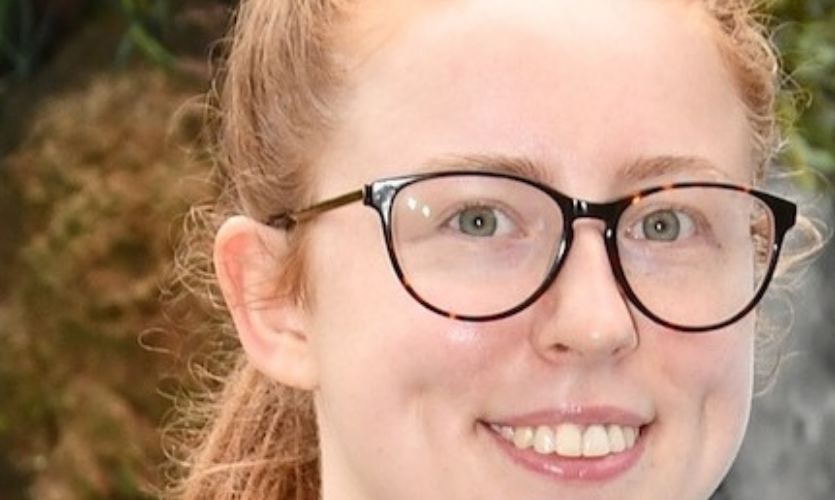April is Autism Acceptance Month
What is Autism Acceptance Month? Bethany Donaghy, PhD student at LJMU, shares her personal experience with autism, describes common misconceptions, and talks about diagnosis and support.

April is Autism Acceptance Month, which aims to spread awareness, promote acceptance, and ignite change. The Equality Team spoke to Bethany Donaghy, one of our PhD students, about her personal experience as an autistic person. Here, she describes common misconceptions associated with autism, talks about differential diagnosis, support at LJMU and beyond.
It is estimated that 1 in 100 people in the UK are autistic. This means there are approximately 700,000 autistic adults and children in the UK. How can we create a society that works for individuals with autism? (e.g. education, public spaces, the workplace)
There still remains stigma around being an autistic person, with associated stereotypes driving societal perceptions. To create a society increasingly inclusive for and accepting of autistic people we need to move further away from the latter stigma and stereotypes through education and visibility: autistic people must be listened to and visible as opposed to using the voices of neurotypical people with no lived experience as a means of educating people on what autistic people experience and the requested adaptations that comes with this lived experience.
What would you say is the biggest misconception associated with autism?
There are many misconceptions
- That autistic people are like Rain Man or Sheldon Cooper
- That autistic people don’t have empathy,
- That autistic people can’t socialise (basically all deficit perceptions of autism)!
- People say autistic people don’t have relationships with others however I have numerous close relationships, and a romantic relationship.
- People say autistic people are perceived to have a photographic memory, however I rely on making notes (to which I struggle with knowing what to condense and what is important).
These misconceptions are damaging to autistic people, and as a community here at LJMU we need to be part of the change to address these misconceptions!
We know autistic women are less likely to be diagnosed compared to autistic men. Why would you say that is? How can we change that?
I think there is still a lack of education about the differing autistic traits in autistic people so the understanding that is often used at diagnosis does not reflect the breadth of traits that are experienced. Such clinical impressions of autistic traits are often based stereotypical male presentation meaning women are falling through the net by not fitting such constraints. To improve there needs to be co-production with autistic women whereby autistic women discuss their experiences, discuss how the constraints of current diagnostic autistic traits impact them, and genuinely how this makes them feel to improve the current criteria to acknowledge autistic women’s experiences.
How can staff at LJMU best support students or colleagues with autism?
I think having a higher awareness of the support that LJMU itself has to offer as well as the external support and how to access this (DSA – Disability Student Allowance)! Further, having neurodivergent training from neurodivergent people to better understand what autistic (and other neurodivergent) people experience as although it is great having individuals educated in the area, there is no better way to learn how to support than from lived experience itself. Staff could also ask students how they are experiencing things, informing students ahead of time so they have time to think, and identify what the student needs on a case-by-case basis. From this support can be improved, and inclusivity of the university as a whole!
What about students at LJMU, how can they best support other students?
I have never had any negative experience of support from other students, but I always say to be respectful of differing interests and things that are difficult for autistic students that may not be for yourself!
If you are a student and would like you can find out more about support at LJMU / Disability Student Allowance here.
The Disability Team can currently be contacted by emailing disability@ljmu.ac.uk
If you have any other questions, you are a staff member who would like to find out more about support, or you would like to join the Disability Staff Network, get in touch via: equality@ljmu.ac.uk.
Respect Always! Above all else, we want everyone who studies here, works here and works with us, to feel respected, and to respect others at LJMU.


